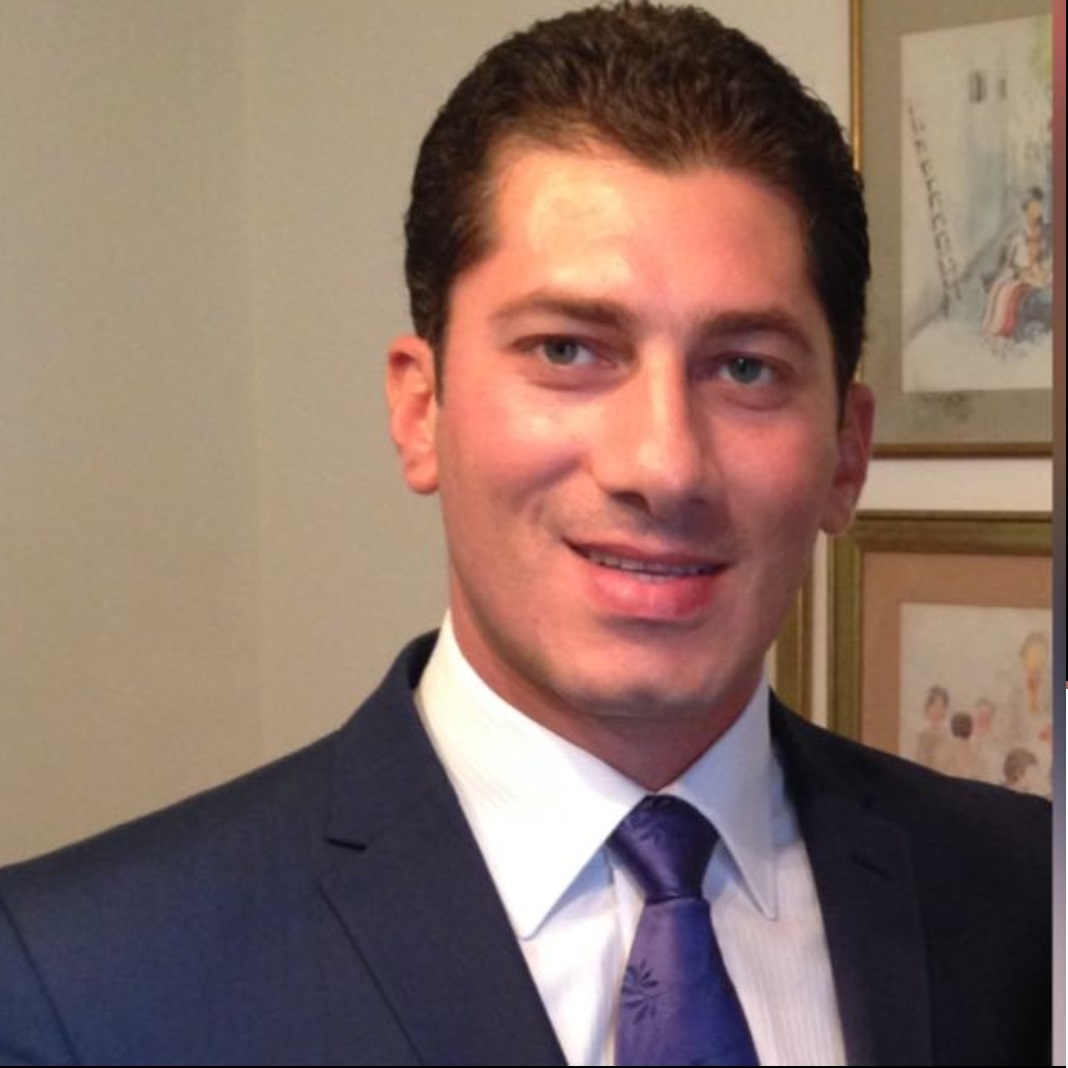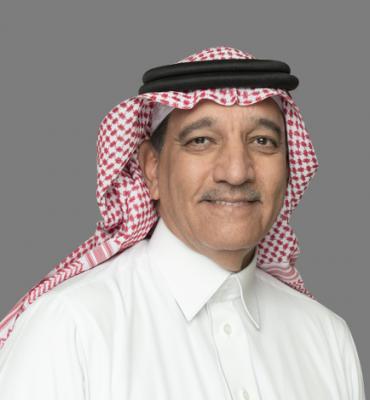RIYADH: Saudi Arabia is on the brink of a transformative policy shift that would permit licensed foreign law firms to establish companies fully owned by non-Saudis.
This initiative, announced by the National Competitiveness Center, is part of a broader strategy to attract foreign investment and enhance the Kingdom’s business environment.
The NCC has solicited public feedback on a Ministry of Justice proposal through its official account on X, which could fundamentally reshape the legal landscape in Saudi Arabia.
A progressive legal reform
The proposal seeks to amend the first paragraph of Article 50 of the Kingdom’s Code of Law Practice. If enacted, it would allow non-Saudi law firms to set up wholly foreign-owned professional companies.
These firms would offer legal advice on the Kingdom’s regulations and represent clients in court through registered Saudi lawyers.
Details posted on the Istitlaa platform reveal that this project aims to advance the legal profession, improve the quality and efficiency of the industry, and integrate global expertise into the local context.
Furthermore, it is designed to bolster the Kingdom’s competitiveness, enhance its business climate, and elevate the efficiency of the justice system by increasing professionalism within the legal sector.
The proposed amendment signifies a progressive step in Saudi Arabia’s legal reforms.
By allowing foreign law firms to operate independently, the Kingdom aims to develop its legal profession by introducing international standards and practices.
Lebanon-based attorney Jihad Chidiac told Arab News that permitting foreign law firms to set up offices in Saudi Arabia enhances the quality of legal services by combining global expertise and experience with local knowledge and specificities.
He added: “These firms operating according to international legal standards may encourage the development of a more solid legal framework and regulatory environment, which is essential for attracting foreign investment and fostering a transparent business environment.”

Jihad Chidiac, Attorney at Law, Lebanon, said permitting foreign law firms to set up offices in Saudi Arabia enhances the quality of legal services. (Supplied)
Homam Khoshaim, a partner in corporate finance at London-based law firm Addleshaw Goddard, echoed this sentiment, and told Arab News: “The entry of additional international law firms in the Kingdom indicates a growing legal sector, healthy competition among legal services providers, and a growing economy that demands its legal needs be met.”
He added: “Clients stand to benefit from a more diverse legal market offering a wider range of services, deeper expertise, and international networks. This is especially advantageous for Saudi-based clients that operate globally.”

Homam Khoshaim, a partner in corporate finance at London-based law firm Addleshaw Goddard, says entry of international law firms in Saudi Arabia indicates a growing legal sector. (Supplied)
Boosting competitiveness and investment
This initiative aligns with Saudi Arabia’s broader goals of stimulating foreign investment and encouraging international companies to relocate their regional headquarters to the Kingdom.
By creating a more attractive legal environment, the Kingdom hopes to draw significant foreign capital, which will, in turn, fuel economic growth and diversification.
Talat Hafiz, a Saudi-based economist, highlighted to Arab News believes there will “definitely” be “more foreign investments” in Saudi Arabia as a result of the changes, adding: “It will help localize some industries, transfer know-how, and create thousands of job opportunities for Saudi nationals.”

Talat Hafiz, Economist, Saudi Arabia, predicted increased investments in Saudi Arabia. (Supplied)
The ability for foreign law firms to operate independently is expected to improve the ease of doing business in the Kingdom, making it a more attractive destination for international firms.
The legal reforms are seen as a critical component of this effort, aiming to create a robust legal infrastructure that supports economic activities and offers high-quality legal services to both local and foreign entities.
Supporting Vision 2030 goals
The initiative is also in line with Saudi Arabia’s ambitious Vision 2030 objectives, aimed at reducing the Kingdom’s dependence on oil, diversifying its economy, and developing public service sectors.
Chidiac pointed out that this policy could “support several objectives of Vision 2030, particularly in terms of attracting more foreign investors and multinational corporations that seek international, modern, and innovative legal infrastructure in business and commercial transactions.”
Foreign legal firms can support economic diversification by providing legal services in finance, energy, infrastructure, and technology.
Chidiac said: “The Saudi legal market is increasingly significant on both a regional and global scale, largely due to the country's ambitious economic diversification plans under Vision 2030.”
He added: “The legal market in Saudi Arabia is directly impacted by these expansive projects, which necessitate a wide range of legal services, from corporate and finance to energy, projects, and infrastructure, as well as dispute resolution.”
Creating employment opportunities
One of the key benefits of this proposed change is the potential for job creation.
By attracting foreign law firms, the initiative is expected to generate a range of employment opportunities for Saudi citizens, both directly and indirectly. This includes roles within the legal profession as well as ancillary services that support legal firms.
Chidiac added that “the establishment of foreign legal firms will create job opportunities, most importantly in the legal sector, by providing direct employment opportunities for local lawyers, paralegals, and administrative staff.”
He explained that foreign legal firms can create indirect employment opportunities by helping companies operate more effectively, stimulating economic growth, and fostering entrepreneurship, thus creating a favorable ecosystem for business development in Saudi Arabia.
The influx of foreign law firms is expected to stimulate the local job market by providing new career paths for Saudi nationals. This aligns with the government’s efforts to reduce unemployment and increase the participation of Saudi citizens in the workforce.
The unemployment rate in Saudi Arabia fell to 7.6 percent in the first quarter of 2024, compared to 7.8 percent in the fourth quarter of 2023, according to the General Authority for Statistics’ labor force survey.
By offering competitive salaries and professional development opportunities, foreign law firms can attract and retain top legal talent in the Kingdom.
“Investing in local talent is crucial for gaining insights into the legal system and ensuring cultural alignment. Firms must commit to continuous learning to adapt to rapid legal changes, ensuring the team is well-versed in new laws and regulations,” Khoshaim said.
A new era for the Saudi legal sector
This proposed amendment represents a significant step forward for the Saudi legal sector. By opening the doors to foreign law firms, Saudi Arabia is signaling its commitment to modernizing its legal framework and aligning it with international standards.
This move is expected to not only enhance the quality of legal services available in the Kingdom but also to make Saudi Arabia a more competitive and attractive destination for global businesses.
In order to ensure the proposed changes are well-received and able to be successfully implemented, the Ministry of Justice has initiated a public consultation, seeking opinions from lawyers, foreign law firms, specialists, academics, businesses, and the general public.
As Saudi Arabia moves forward with this proposed amendment, the legal community is watching closely. The successful implementation of these reforms could serve as a model for other countries in the region, showcasing the benefits of a modern and open legal market.
By embracing international standards and practices, Saudi Arabia has the potential to become a leading legal center in the Middle East, attracting top legal talent and fostering a dynamic business environment.

























